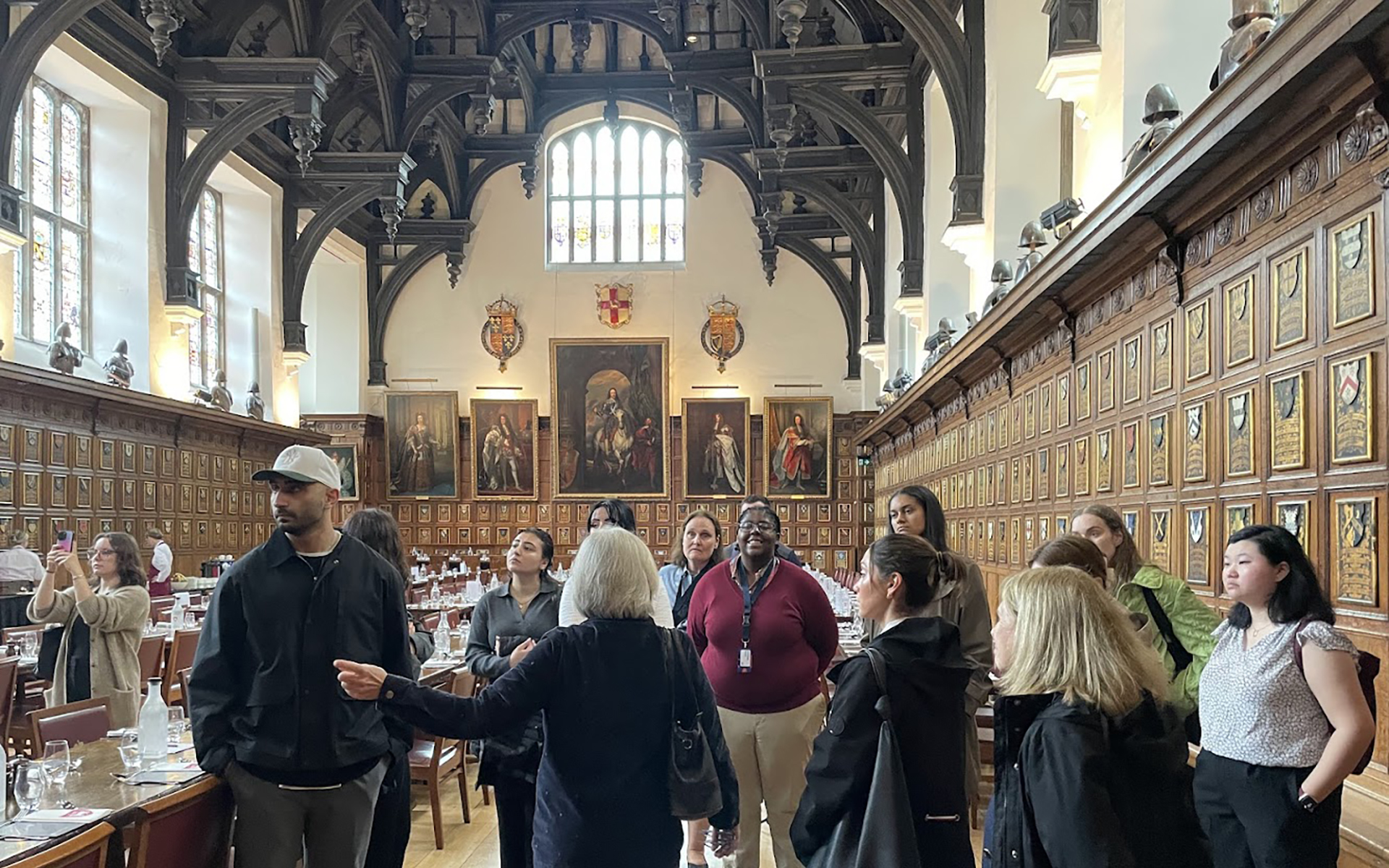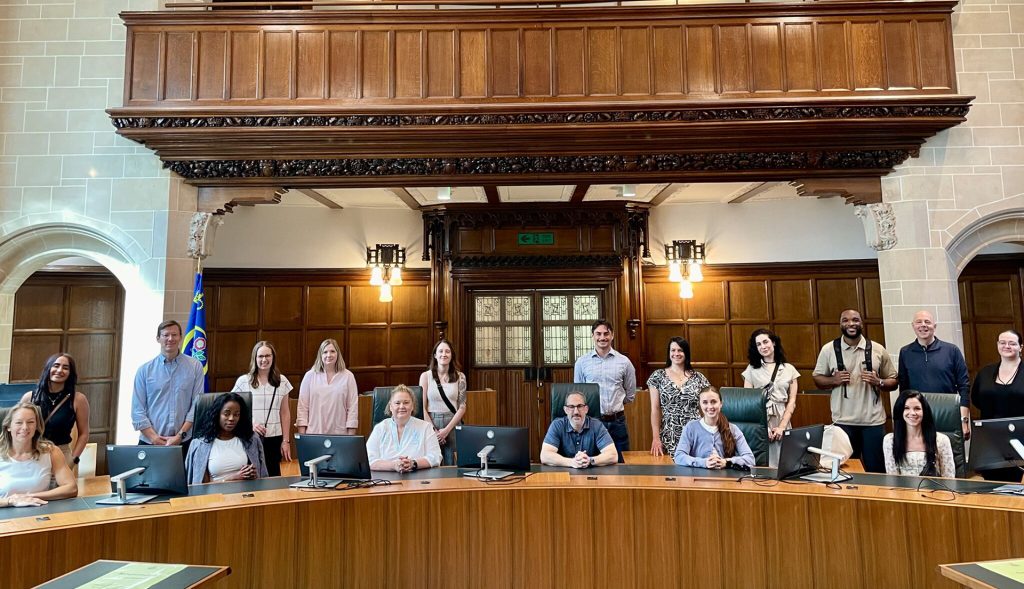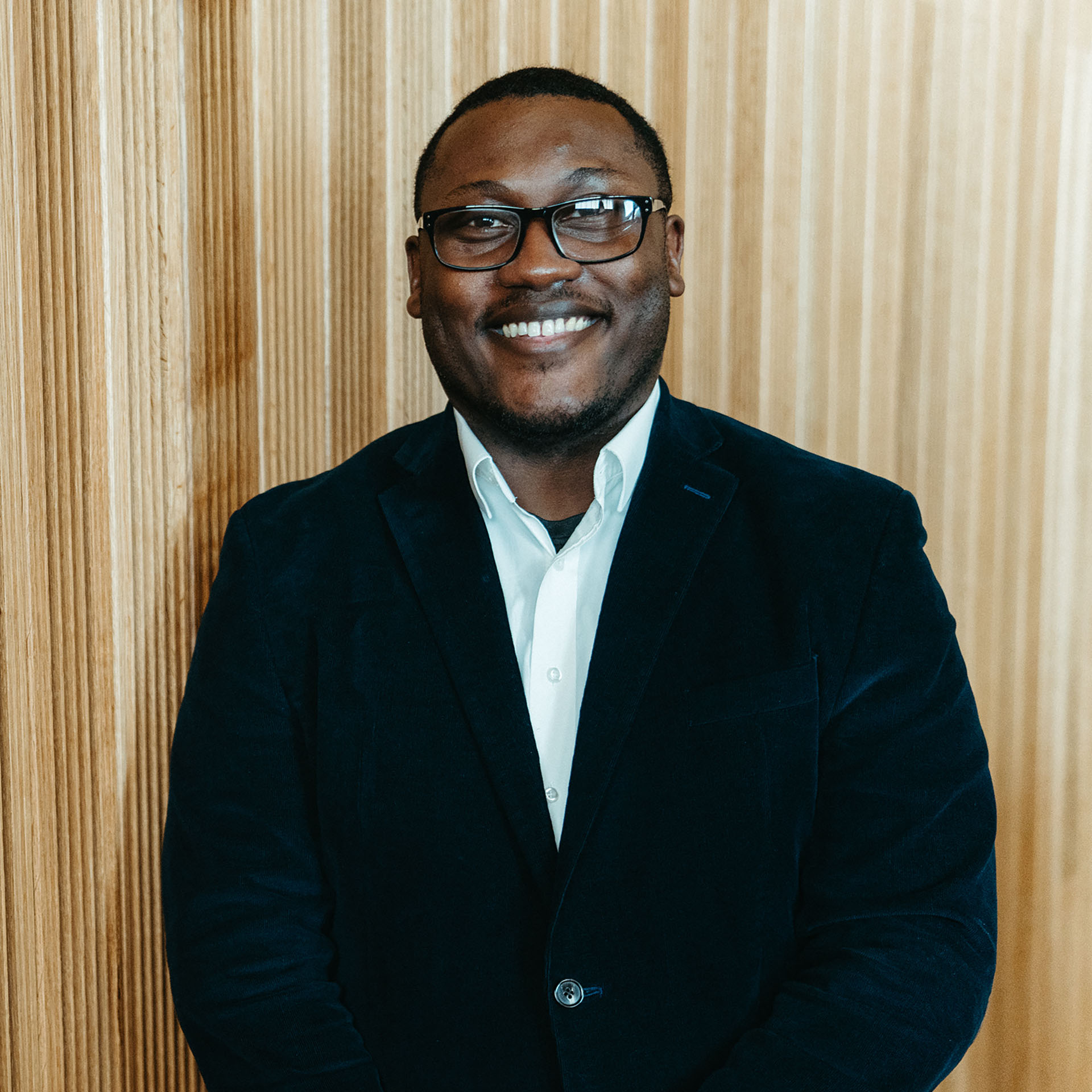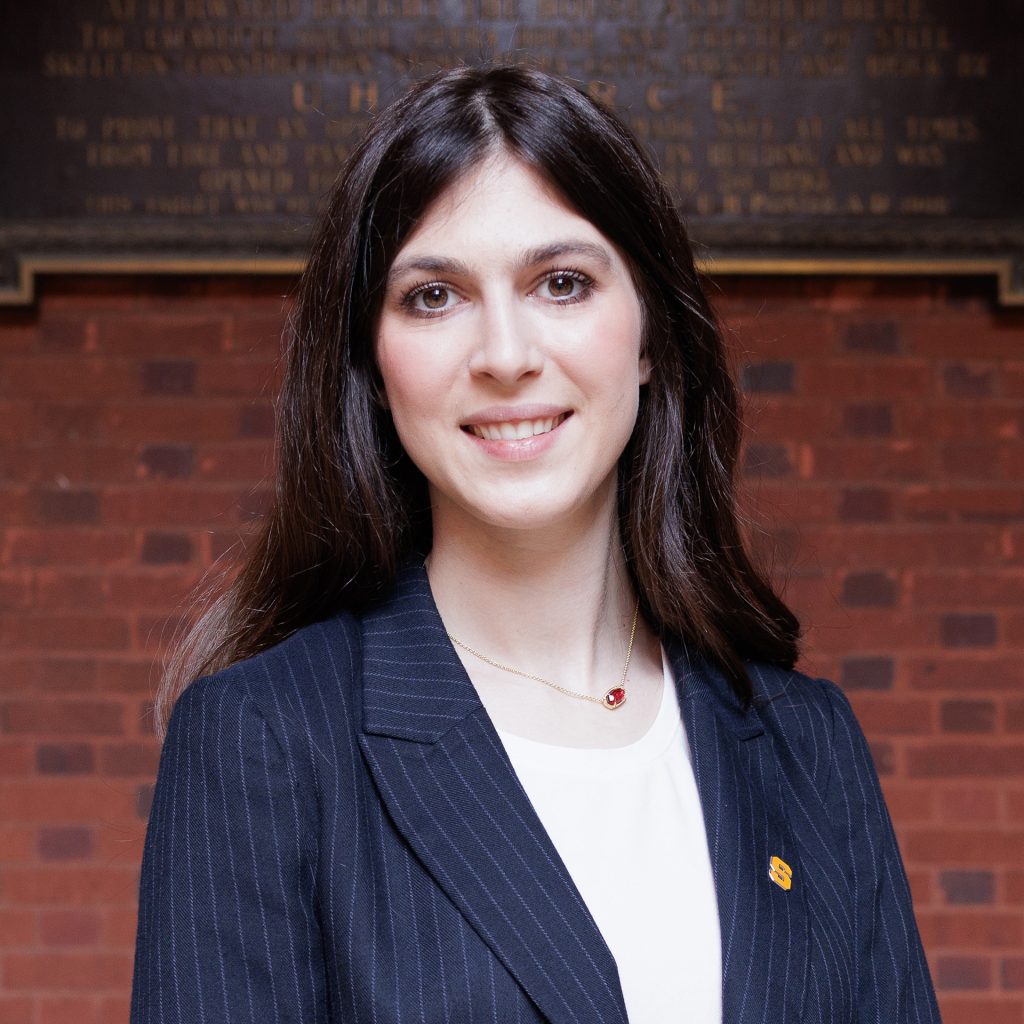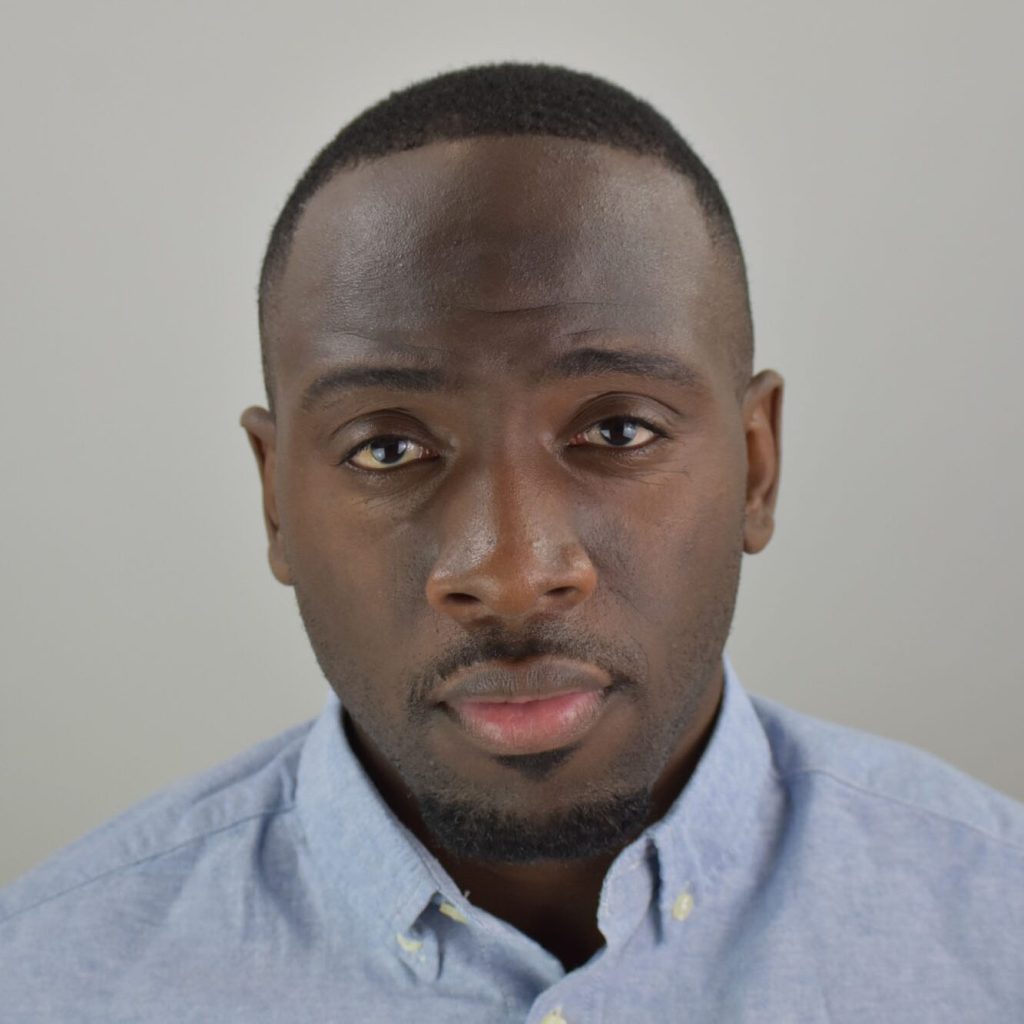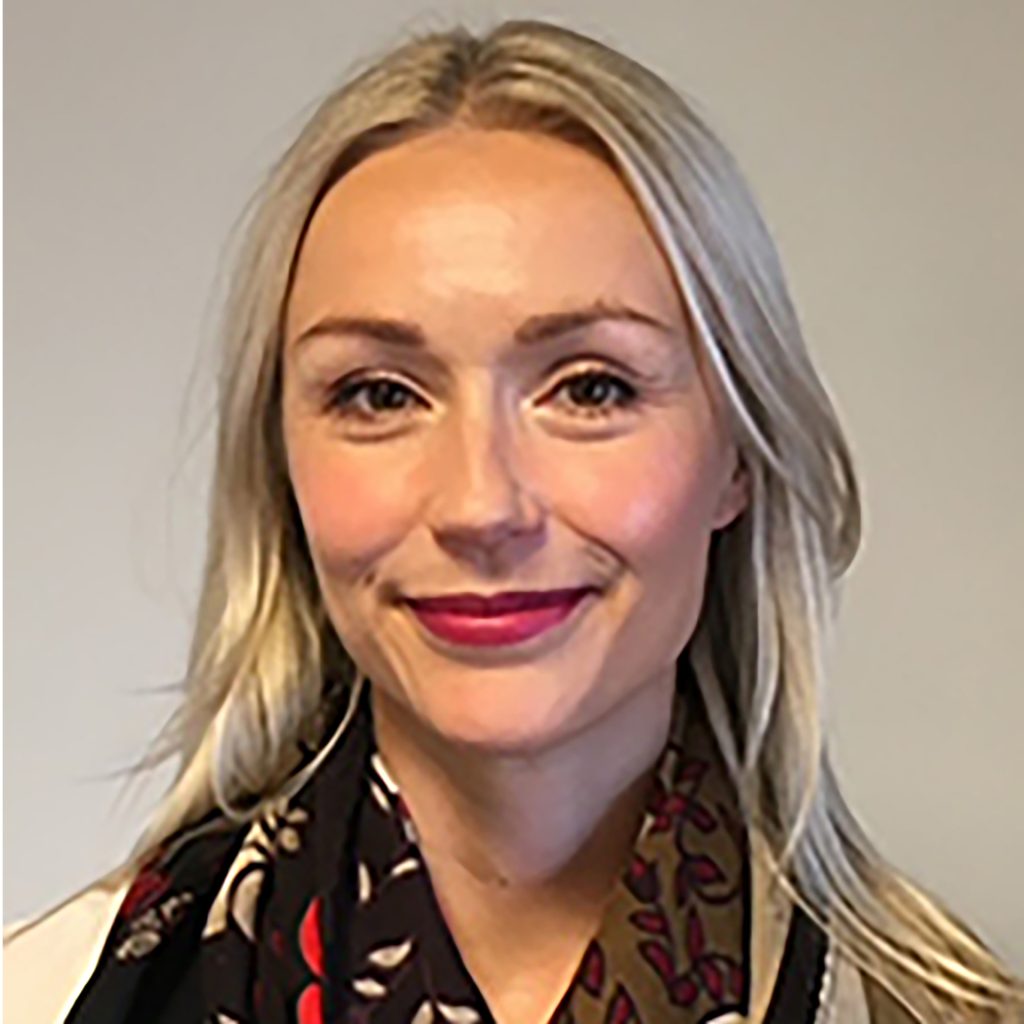This fall, Syracuse University College of Law welcomes the incoming JDinteractive (JDi) Class of 2029, a dynamic group of students balancing careers, families, and service to their communities while pursuing their legal education. Representing diverse backgrounds across continents, industries, and life experiences, they bring fresh perspectives to the study and practice of law. Some are boldly shifting careers, others are advancing in their current fields, and many are beginning new chapters after military service or even retirement from unrelated professions. What unites them is a shared commitment to expanding their impact through the power of a legal education.
Our new JDi students came to Dineen Hall in early August to attend their first on-campus residency. The JDi program is a hybrid format that allows students to take classes and participate in other law school programs and activities online, and requires them to partake in six in-person residencies throughout their legal education, located on campus or in various locations across the country. One of the unique advantages of Syracuse’s JDi program is that students can continue working in their profession from home while earning their law degree.
“This year’s entering JDi class follows our strong tradition of making accessible a legal education to those who cannot pursue a J.D. in a residential program,” says Associate Dean for Academic Programs and Teaching Professor Shannon Gardner.
“Hailing from many different states and countries, with diverse backgrounds and a wide range of professional experiences, this extraordinary group is posed for success in law school and impact on the legal profession. Their drive and work ethic, as they pursue a J.D. while juggling work and family obligations, is a testament to all they can accomplish.”
Students of the Incoming JDinteractive Class of 2029
This year’s JDi cohort consists of 101 students from 25 states and three countries outside the U.S. The average student age is 37, with members ranging from 22 to 68. This highlights the program’s ability to attract accomplished professionals and leaders who bring deep expertise, fresh perspectives, and seasoned judgment to their legal education.
Students join the program from a wide range of sectors, including military and defense, law and legal services, education, healthcare, government and nonprofit work, corporate and finance, law enforcement and security, media and communications, and even fields as diverse as aviation and environmental conservation.
Collectively, they enrich the classroom with the knowledge and skills gained from years of real-world experience, making the JDi learning community as dynamic as the profession they are preparing to enter.
Meet a few members of the incoming JDi class:
Jared Hansbrough L’29
Hometown: Shenandoah, Virginia
Jared Hansbrough served as a U.S. Marine for over 23 years. He spent his military service driving amphibious assault vehicles and finished his service working at the Pentagon. This was followed by six years as the budget officer for one of the operating divisions of the U.S. Department of Health and Human Services.
Why did you choose Syracuse Law’s JDi program?
“I’ve long held an interest in pursuing a law degree, and the timing finally lined up, thanks, in part, to the Syracuse JDi program. When I began exploring the many law school options, I was fortunate to discover the JDi program. Syracuse Law’s quality of education offered through the blended hybrid of residencies and online instruction and incredible flexibility quickly made the JDi program my first choice.”
What are your goals for your future in the field of law?
“I plan to pursue private practice with a focus on estate planning.”
Jeffrey Hildreth L’29
Hometown: Los Angeles, California
Jeffrey Hildreth currently teaches corporate taxation and managerial accounting at the Leventhal School of Accounting at the University of Southern California (USC). He also consults in the mergers and acquisitions space, building on prior leadership roles in mergers and acquisitions tax advisory at both Big 4 and middle-market firms, as well as his experience as a chief financial officer in the out-of-home advertising industry. He and his service dog have traveled across the globe, making his pup an unexpected companion in both academic and professional settings.
Why did you choose Syracuse Law’s JDi program?
“I chose to pursue law to combine my background as a CPA with legal training, particularly to deepen my expertise in navigating complex financial, tax, and cross-border issues. Syracuse’s JDinteractive program stood out for its innovative hybrid structure, which allows me to pursue a rigorous legal education while continuing to teach and consult.”
What are your goals for your future in the field of law?
“I plan to focus on international law with an emphasis on cross-border transactions, tax and corporate advisory work.”
Kame Spencer L’29
Hometown: Seattle, Washington
Originally from Haleiwa, Hawaii, Kame Spencer has worked for the Seattle Police Department for the past seven years as a patrol K-9 officer. Being a police officer has encouraged her to keep pursuing her desire to help people through the law — something she has known she wanted to do since she was in high school. When she’s not working, Spencer loves to travel and has visited eight countries in the past two years. She also loves trying her hand at recipes from her favorite cooking shows.
Why did you choose Syracuse Law’s JDi program?
“Syracuse Law offered not only a dynamic platform of specialties in law but also provides a personable and flexible program that wants students to succeed. It’s a program that allows me to complete my law degree while still holding my current job. Attending the residency on campus at the beginning of the program only assured me that I made the right decision.”
What are your goals for your future in the field of law?
“I aspire to practice criminal law, but I am also considering corporate or international law.”
Looking Ahead
As they begin their legal education, this incoming JDinteractive class reflects Syracuse Law’s mission to prepare graduates who lead with purpose, skill, and integrity. We look forward to seeing how they’ll shape the future of law, and the world.
See here for more information on the Syracuse Law’s hybrid online JDinteractive program.

